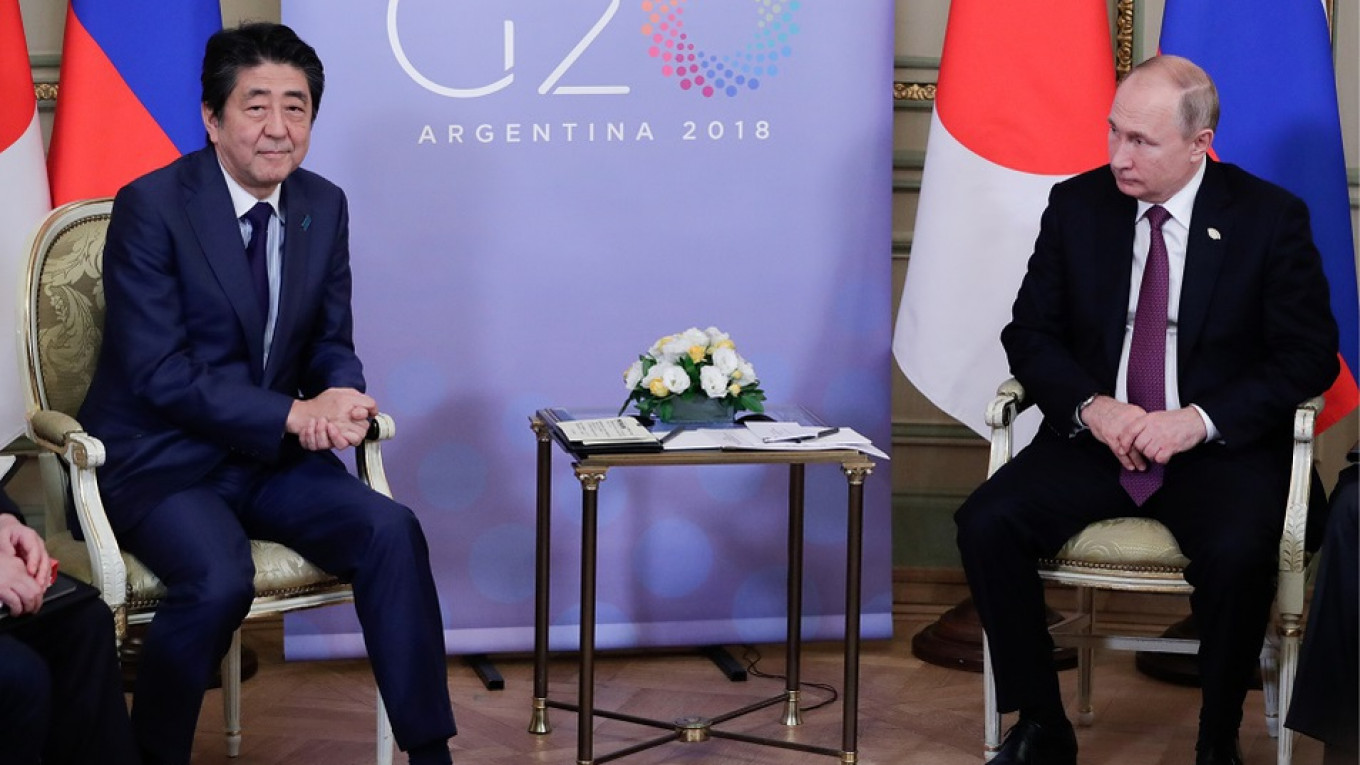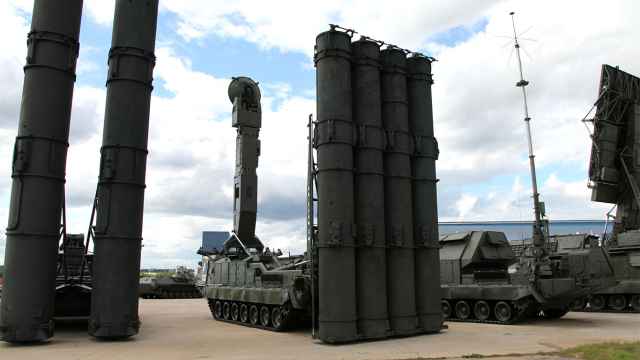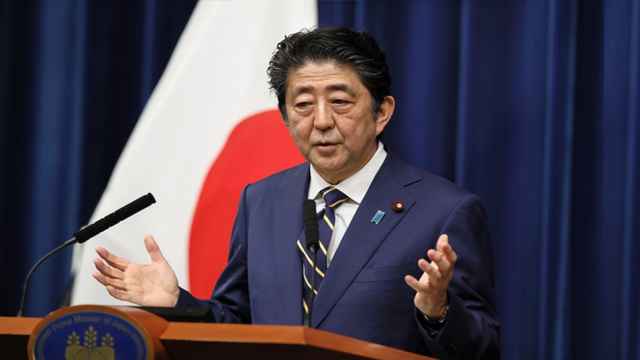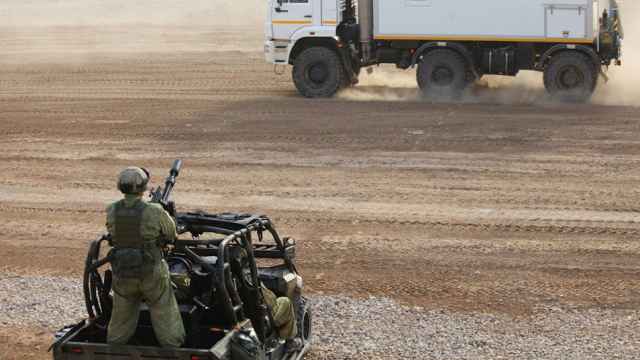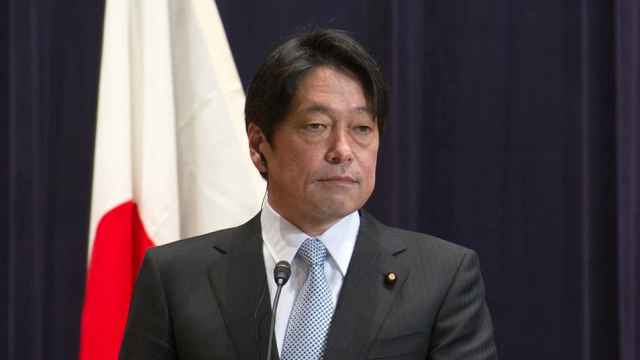Japanese Prime Minister Shinzo Abe said on Friday he intends to push forward towards a World War Two peace treaty with Russia, which has been stymied for decades by a territorial row, during a summit in Russia later this month.
Abe, who has signalled he is keen to clinch a deal, will meet Russian President Vladimir Putin in their 25th summit for discussions aimed at ending the disagreement over a group of windswept islands seized by Soviet troops in the final days of the war.
"I'll visit Russia later this month and intend to push forward with discussions towards a peace treaty," he told a news conference in the western city of Ise.
There had been "absolutely no progress" on the issue for more than 70 years, he said.
Abe said that, while there were no guarantees of an agreement, the two nations had been cooperating over issues concerning the islands, as well as economically, over the past two years "as never before."
Putin caught Abe off guard in September when, on stage with the Japanese leader at a conference in Vladivostok, he suggested signing a peace treaty by year-end "without any pre-conditions."
Abe later rejected the proposal, repeating Japan's stance that the question of sovereignty must be settled first.
He told reporters after the two met again in Singapore in November they had agreed to speed up negotiations based on a 1956 joint statement in which Moscow agreed to transfer the two smaller islands to Japan after a peace treaty was concluded.
"We both do not want this to drag out into another generation," Abe said on Friday.
Putin may be open to a deal now, expecting that better ties will act as a counter-balance to China and attract more Japanese investment and technology, some experts say.
Others doubt Putin really wants any agreement, partly because a majority of the Russian public is opposed to returning any of the islands, known in Japan as the Northern Territories and in Russia as the Southern Kurils.
A Message from The Moscow Times:
Dear readers,
We are facing unprecedented challenges. Russia's Prosecutor General's Office has designated The Moscow Times as an "undesirable" organization, criminalizing our work and putting our staff at risk of prosecution. This follows our earlier unjust labeling as a "foreign agent."
These actions are direct attempts to silence independent journalism in Russia. The authorities claim our work "discredits the decisions of the Russian leadership." We see things differently: we strive to provide accurate, unbiased reporting on Russia.
We, the journalists of The Moscow Times, refuse to be silenced. But to continue our work, we need your help.
Your support, no matter how small, makes a world of difference. If you can, please support us monthly starting from just $2. It's quick to set up, and every contribution makes a significant impact.
By supporting The Moscow Times, you're defending open, independent journalism in the face of repression. Thank you for standing with us.
Remind me later.



